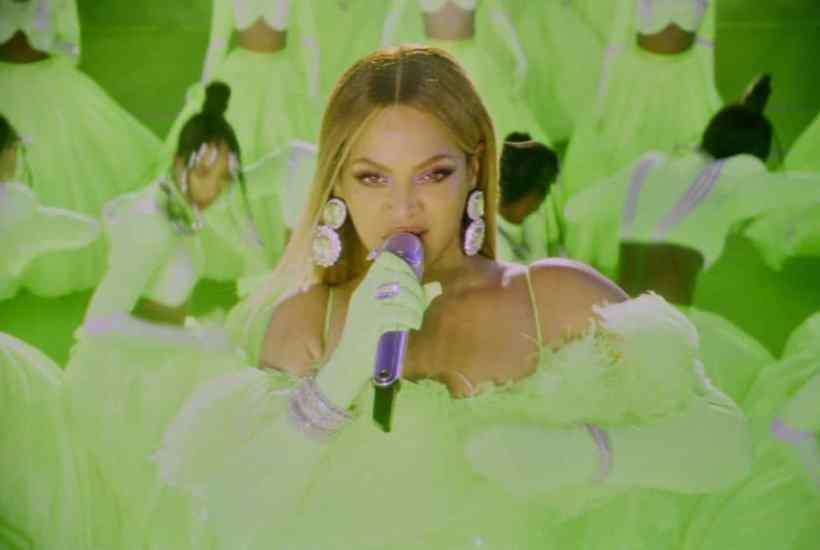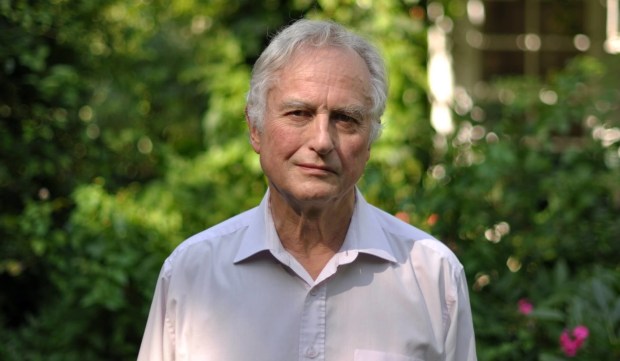People complaining about supposedly offensive pop lyrics is hardly anything new. It’s as old as the form itself; never-ending proof that everyone is offended by something and that every era has its own set of taboos. But the speed with which music stars appear to be acquiescing to other people’s hurt feelings today is surely something new.
Take Beyonce. She’s one of the biggest stars in the world. A genuine living legend. And yet because a handful of disabled charities and irked right-on tweeters have complained about one word in one of the songs on her new album Renaissance, her ‘team’ has almost immediately promised to scrub and re-record the offending lyric as soon as possible.
The word that has caused so much offence? ‘Spaz’, which Beyonce uttered a couple of times on the track ‘Heated’, which was co-written with Canadian rap star Drake. You might have struggled to work that out from some of the coverage however, given many news reports – including the BBC’s – have confusingly omitted the word itself, such is its apparently thermonuclear nature.
So, here’s the offending line in full: ‘Spazzing on that ass, spaz on that ass.’ It might not look amazing on paper but in context it works perfectly well. As many people have pointed out, Beyonce is clearly using it in the slangy American sense – meaning to lose control, go crazy or fight. The song is not some sick diatribe against those with spastic cerebral palsy.
Naturally, disabled charities don’t see it that way. Warren Kirwan, media manager at Scope, has called it ‘appalling that one of the world’s biggest stars has chosen to include this deeply offensive term’.
‘Words matter because they reinforce the negative attitudes disabled people face every day and which impact on every aspect of disabled people’s lives’, he added.
Now, Beyonce is hugely popular and influential. Renaissance racked up more than 43 million streams on Spotify on release day alone. But the idea that one lyric, clearly not intended as an ‘ableist’ slur, could unleash untold furies against disabled people is absurd. So-called media-effects theory has been widely discredited. And yet that hasn’t stemmed the tide of censorship, which is now reaching popular music.
Beyonce’s run-in comes just weeks after singer Lizzo was hauled over the coals by enraged tweeters for uttering the new s-word on one of her own tracks. She issued a grovelling apology and also promised to rewrite the song.
Perhaps Twitter deserves a co-writing credit on these tracks once they’re re-released. Rather than kindly push back against such shrill claims about their lyrics and demands that they be immediately changed, today’s pop stars readily concede that the scolds have the moral high ground. In the process, artistic freedom is imperilled for everyone else.
Today’s mini Mary Whitehouses may have managed to pass themselves off as progressive. They may be younger, more hip. They may have swapped the blue rinse for the blue dip-dye. They may be offended by various alleged ‘isms’ and ‘phobias’ rather than sex, drugs and violence. But they are just as stiff and annoying and censorious as their pearl-clutching forebears.
And yet, our supposedly daring pop stars give in to them – over and over again. So much for the spirit of pop rebellion.
Got something to add? Join the discussion and comment below.
Get 10 issues for just $10
Subscribe to The Spectator Australia today for the next 10 magazine issues, plus full online access, for just $10.




















Comments
Don't miss out
Join the conversation with other Spectator Australia readers. Subscribe to leave a comment.
SUBSCRIBEAlready a subscriber? Log in